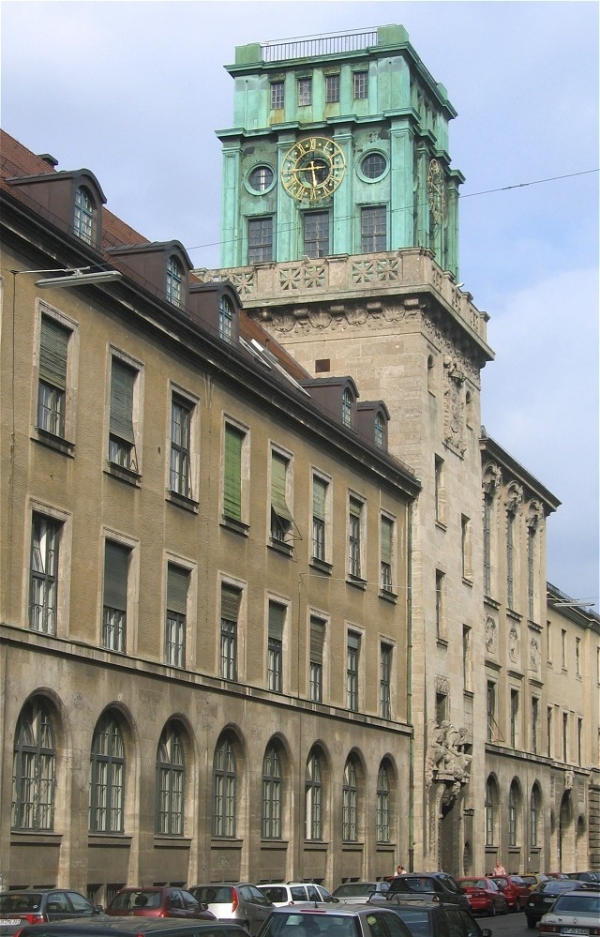https://www.tum.de/en
Description
The Technical University of Munich was originally known as the Royal Bavarian Polytechnic of Munich when it was founded in 1868. Specialising in the natural sciences, several inventors have studied at the institution, including Carl von Linde, who invented the refrigerator, and Rudolf Diesel, who conceived the diesel engine. In addition, 13 of the university’s professors or alumni have been made Nobel laureates since 1927. The most recent recipients include Gerhard Ertl, a former lecturer at the institution who won the Nobel Prize in Chemistry in 2007, and alumnus Wolfgang Ketterle, who won the Nobel Prize in Physics in 2001. In 2014, 165 inventions were made by scientists at the university, while in 2015, 69 patents were submitted. The institution is also home to five Humboldt professors – academics who are internationally recognised in their field – while 18 Leibniz prizes gave been awarded to its scientists since 1987. The university has more than 400 buildings across three campuses in the state of Bavaria: Munich, Garching, and Weihenstephan. The institution is spilt into 13 departments, and also has an Olympic park and university hospitals. In 2002 it opened a campus in Singapore called the German Institute of Science and Technology – TUM Asia. It includes master’s degrees and training programmes for professionals. In 2006 the university launched a new institutional strategy, positioning itself as “The Entrepreneurial University”. More than 800 start-ups have been developed by students and staff at the institution. Its mission statement is: “We invest in talents. Recognition is our return.” Wolfgang Hermann, who became president of the institution in 1995, is the longest-serving leader of a German university.
Specific details
Location
Arcisstraße 21, Munich, D-80333, Germany
